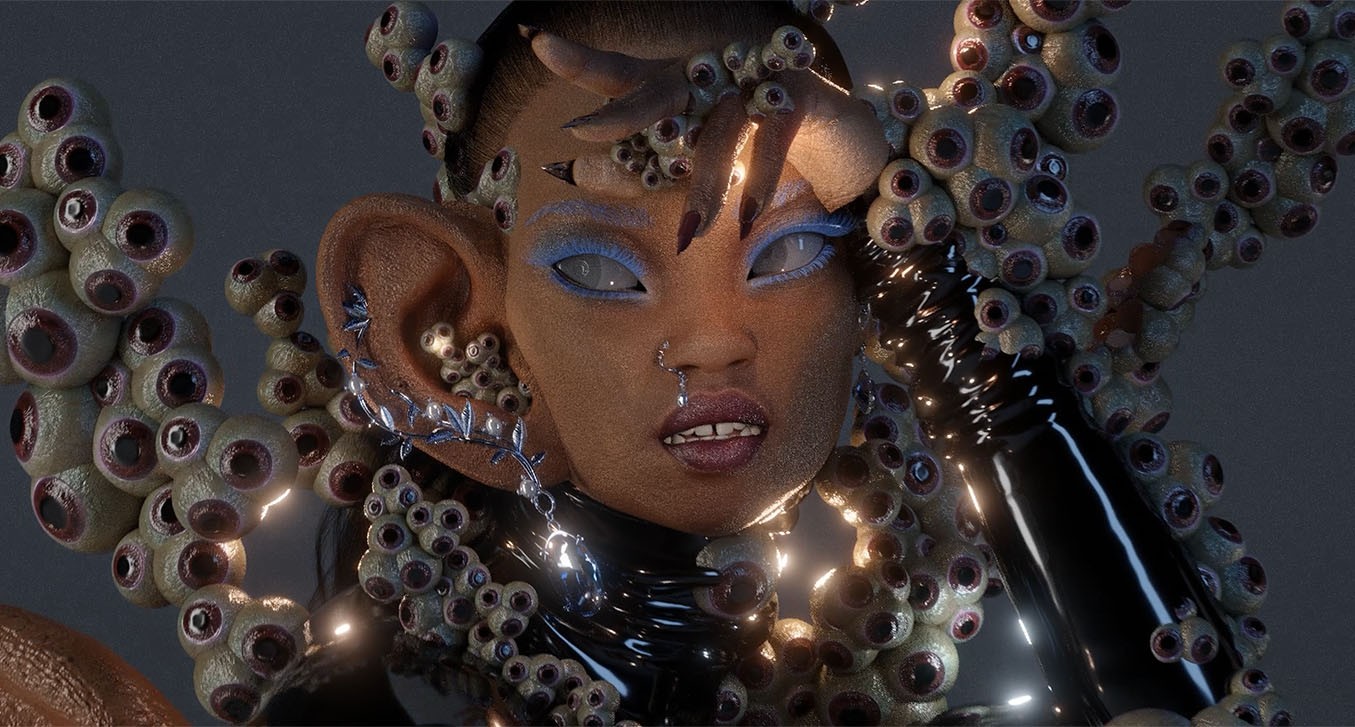The 2018 Prince Claus Awards Honour Market Photo Workshop and O Menelick 2º Ato
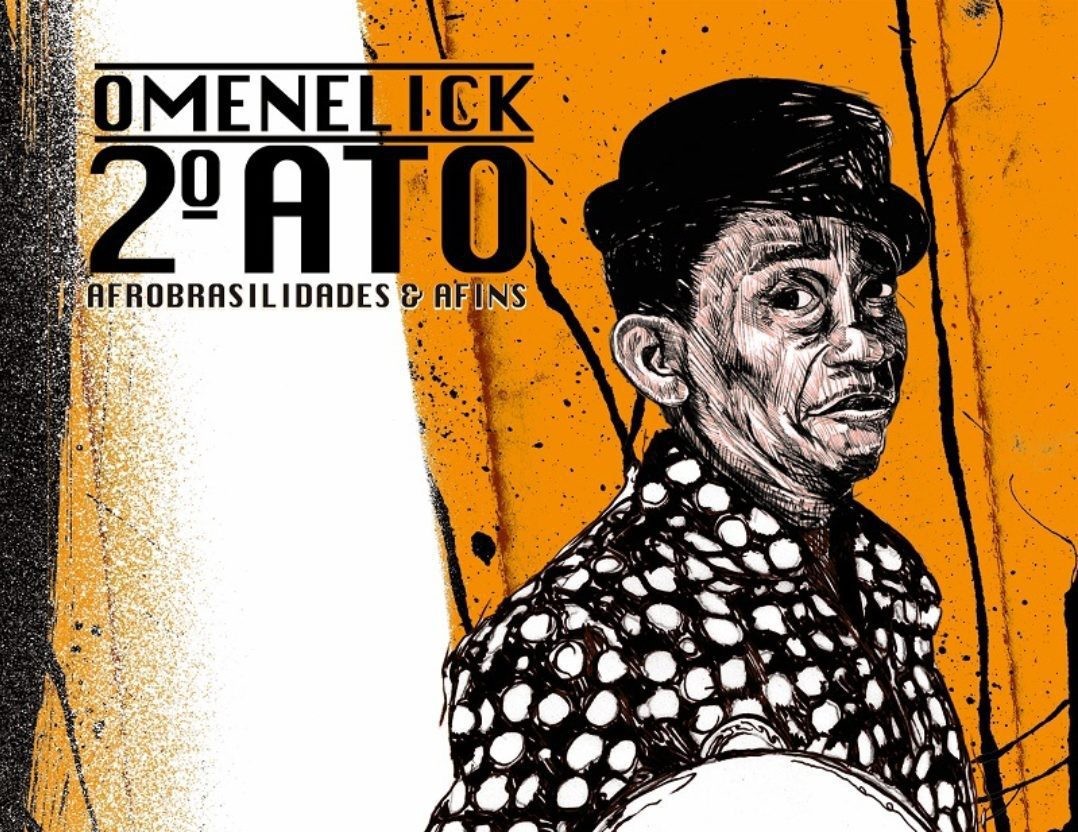
06 September 2018
Magazine C& Magazine
9 min de lecture
In 2018 Prince Claus Awards honour seven outstanding and visionary organisations and individuals for their achievements in culture and development.
<p class="p1">The Prince Claus Awards are presented annually to individuals, groups and organisations whose cultural actions have a positive impact on the development of their societies. In keeping with the Prince Claus Fund’s guiding principles, the awards highlight significant contributions in regions where resources or opportunities for cultural expression, creative production and preservation of cultural heritage are limited.
</p>
<p class="p1">The 2018 Prince Claus Laureates are:
</p>
<p class="p1">Market Photo Workshop (training institute and cultural platform, South Africa)
Adong Judith (playwright, film & theatre-maker, Uganda) Marwa al-Sabouni (architect, Syria)
Kidlat Tahimik (artist & filmmaker, Philippines)
Eka Kurniawan (author, Indonesia)
O Menelick 2º Ato (independent journalism & cultural platform, Brazil)
Dada Masilo (dancer & choreographer, South Africa)
</p>
<p class="p1">HRH Prince Constantijn will present the Awards during the ceremony at the Royal Palace, Amsterdam on 6 December. The Prince Claus Awards honour visionary individuals and organisations for their excellent, ground-breaking work in fields of culture and development.
</p>
<p class="p1">On 5 December, the 2018 Laureates will all tell their stories at Louder than Words, a public event at the Compagnietheatre, Amsterdam.
</p>
<p class="p1">Prince Claus Fund Director Joumana El Zein Khoury states: “We are delighted to celebrate the achievements of this year’s laureates and to add a new award with a focus on the next generation. Each of the laureates in their own way challenges people to think differently, to be open, to see history and culture in new ways.”
</p>
<p class="p1">2018 Principal Prince Claus Laureate
</p>
<p class="p1"> Market Photo Workshop (Johannesburg, South Africa, 1989) was established in the final years of apartheid to make visual literacy and the craft of photography available to all races. At a time when the movement of black people was severely restricted, renowned South African photographer David Goldblatt (1930-2018) set up the Market Photo Workshop to provide photographic training and equipment to black South Africans so they could give visual expression to their experiences. In the three decades since, it has sustained its radical spirit and ideals of social justice while growing and adapting to the post-apartheid era. Now under the leadership of Lekgetho Makola, Market Photo Workshop is a multi-faceted training institution and cultural platform with an international reputation, drawing students from all across Africa. It mentors and supports artists in their career development and continues to instill ideals of socially committed photography. Among its many achievements are the creation of a strong local-regional network and a vast image archive of unique historical and social importance.
</p>
<p class="p1">2018 Prince Claus Laureates
</p>
<p class="p1"> Adong Judith (Gulu, Uganda, 1977) is a playwright, film and theatre-maker whose work raises public debate on contentious issues to provoke positive change. Her first play, Silent Voices reveals the terrors of the 20-year conflict with the Lord’s Resistance Army and challenges the peace-building process, asking difficult questions about amnesty and forgiveness and confronting people with their passivity and complicity. She brings the stories of vulnerable and disadvantaged people to the wider public of Uganda and the world. Adong Judith’s works tackle such controversial subjects as the struggle for LGBTIQ rights in Uganda, the hypocrisy of religious and gender politics, local child sacrifice practices, social media deception and the horrors of colonialism. Adong Judith has an MFA in Filmmaking and Media Arts and has also studied music dance, languages, literature and drama. She is the artistic director of Silent Voices Uganda (2016), a non-profit organisation for the development and production of performing arts. Silent Voices Uganda is revitalising Ugandan theatre and is having an impact across the continent with its apprenticeship programme that matches aspiring theatre- makers with experienced mentors. She is the first Ugandan to receive the Prince Claus Award.
</p>
<p class="p1"> Marwa al-Sabouni (Homs, Syria, 1981) is an architect and urban thinker who believes that architects have a duty to stimulate social cohesion. When war enveloped her city, Homs, she refused to leave and remained a virtual prisoner in her home for two years. In her autobiography, The Battle for Home: The Vision of a Young Architect in Syria (2016), al-Sabouni analyses how architecture and city planning have played a role in fuelling violence and civil conflict by distorting community relationships and fragmenting societies. She has designed proposals for rebuilding the Baba Amr district of Homs that was destroyed in the war, drawing on older Syrian spatial arrangements where there was constant contact among diverse classes and ethnic groups. In articles and public lectures, al-Sabouni argues for architecture that has human connection at its heart. She and her husband run the Arabic Gate for Architectural news, the only online media outlet dedicated to architectural news in Arabic.
</p>
<p class="p1"> Kidlat Tahimik (Baguio City, Philippines, 1942) Kidlat Tahimik (whose name means ‘silent lightning’ in Tagalog), is an artist in many disciplines and a creative force in his community. Called the Godfather of the Filipino New Wave, Kidlat’s work ranges from film and photography to weaving, free-style architecture and carved installations. While working as an economic researcher for the OECD in Paris, Kidlat’s imagination was ignited by film. He tore up his MBA degree, quit his job, and poured his heart into his first film, Perfumed Nightmare (1977), a fictionalised version of his own dream trip to the West and subsequent disenchantment, which won the International Critics Award in Berlin. Kidlat is an enthusiastic advocate of indigenous culture. He organises conferences of indigenous peoples from around the world. His unconventional artworks raise awareness about environmental issues. He has designed and built two imaginative art centres using local craftsmen and found materials where local artists and craftspeople can exhibit their works. He generously gives his time mentoring young creatives and promoting independent creativity in workshops.
</p>
<p class="p1"> Eka Kurniawan (Tasikmalaya, West Java Indonesia, 1975) is a writer who explores Indonesia’s complex recent history through fiction. Kurniawan studied the great Indonesian writer Pramoedya Ananta Toer, but turned away from social realism and developed his own innovative style. His work has been compared with Gabriel Garcia Marquéz and Haruki Murakami. His first major novel, Beauty Is a Wound (2002), is both a hilarious satire and a family tragedy of epic scope that deals with rarely discussed topics: the physical and sexual violence of Indonesia’s Dutch colonial history, Japanese occupation and dictatorship and genocide under Suharto. His writing combines elements of local folklore traditions, oral histories, magical realism, Indonesian martial arts and horror comics to portray people’s multi-layered experiences. His novels, short stories, essays, movie scripts and graphic novels, break through social barriers, reaching diverse audiences in an entertaining way with local stories that reveal terrible historical truths.
</p>
O Menelick 2º Ato – O Menelick Act 2 (Sao Paulo, Brazil, 2010) is an independent platform that makes Afro-Brazilian culture visible. Founded and directed by journalist and photographer Nabor Jr, it is the rebirth of the short-lived, first-ever black journal in Brazil, titled Menelick, launched by a poet in 1915. Although less than half of the population self-identify as white and most Brazilians are of mixed ancestry, people of colour have almost no presence in Brazilian media. The only journal for black culture in Brazil,O Menelick 2º Ato gives Afro-Brazilian thinkers and artists a space to share their perspectives and project the concerns and creativity of the contemporary black community in Brazil. It is an avant-garde, non-profit, quarterly magazine published online and in print, distributed free through libraries and cultural events as well as in conflict areas of São Paulo. With its coverage of music, theatre, cinema, dance, fine arts, photography, fashion, literature, poetry and popular urban forms such as clowning and hip-hop, it introduces many individuals and collectives to a wider public.
</p>
Next Generation Award
</strong>As part of the Fund’s focus on developing and supporting activities with and for young people (ages 15 – 35) the Prince Claus Fund introduces the Next Generation Award, which honours an outstanding creative initiative that contributes positively to the lives and possibilities of young people.
</p>
<p class="p1"> Dada Masilo (Soweto, South Africa, 1985) is a dancer and choreographer who takes great aesthetic risks, reinventing classic stories so they speak to black identity and feminism, through an innovative dance language that intertwines African movement and rhythms with traditional ballet and contemporary dance genres. Her works deal with contemporary topics, such as the stigma and social rejection around HIV/AIDS, domestic violence and arranged marriages and are performed to a mix of African and Western music & sound. Masilo grew up in Soweto, studied classical and contemporary dance at the Dance Factory in South Africa followed by two years at PARTS – Performing Arts Research and Training Studios – in Brussels. She is Artist-in-Residence at The Dance Factory which employs her dancers. She has created and performed eleven original works, including own versions of Romeo & Juliet, Carmen, Swan Lake and Giselle (voted Best Performance 2017 for Danza&Danza). She collaborates with other choreographers & artists (e.g. William Kentridge).
</p>
<p class="p1">The laureates were selected by the 2018 Prince Claus Awards Committee:
</p>
<p class="p1">Solange Farkas (Chair), Curator, São Paulo, Brazil
Sheikha Hoor Al Qasimi, Curator and Visual Artist, Sharjah, Emirate of Sharjah
Defne Ayas, Curator, Rotterdam, the Netherlands/ Berlin, Germany
Tejumola Olaniyan, Professor of African and English Languages and Literature, Madison, US Manuel de Rivero, Architect and Urbanist, Lima, Peru
</p>
<p class="p4">
Plus d'articles de
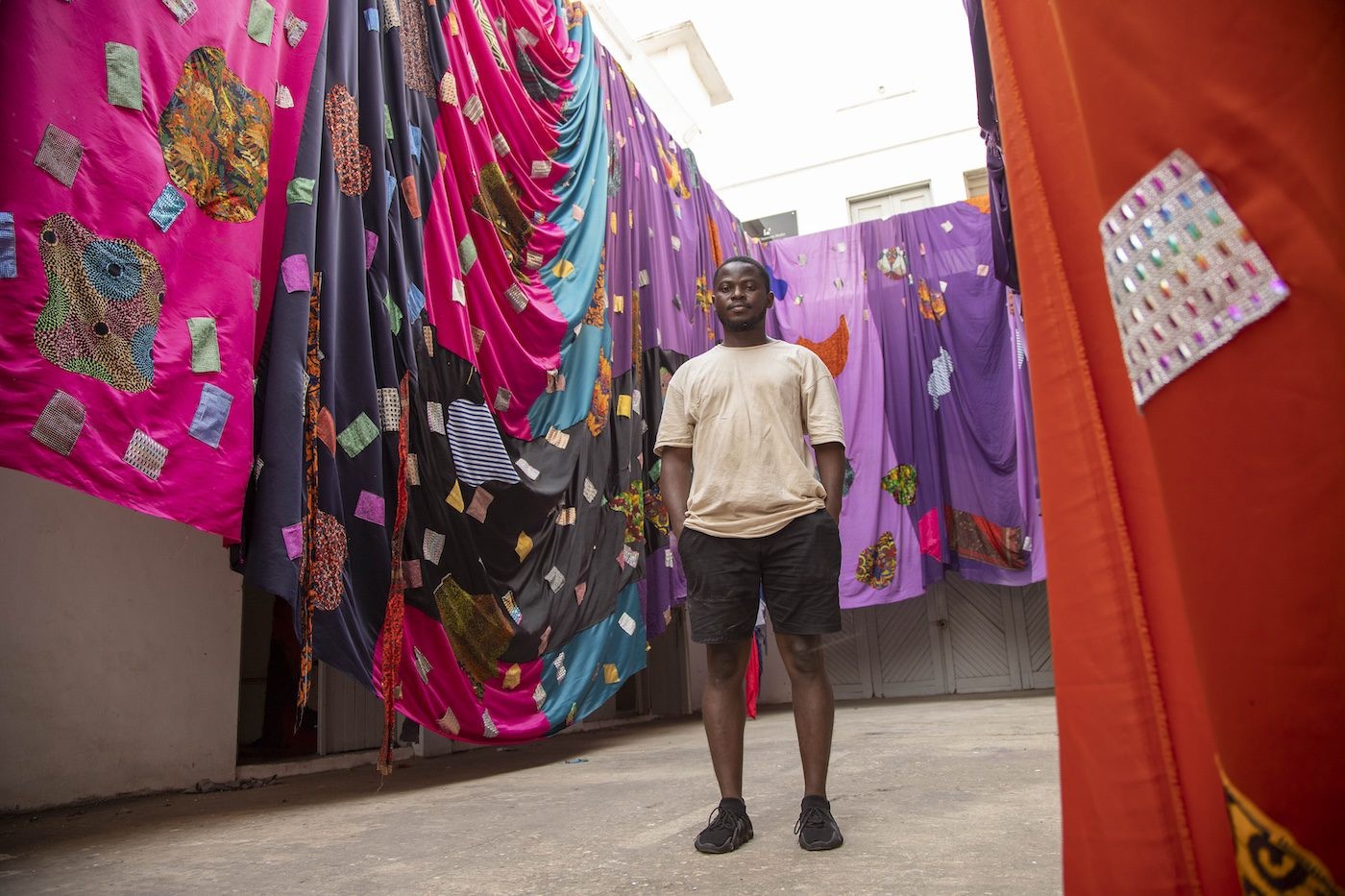
Emmanuel Aggrey Tieku, lauréat du Prix ellipse 2025 consacré à la scène artistique émergente du Ghana
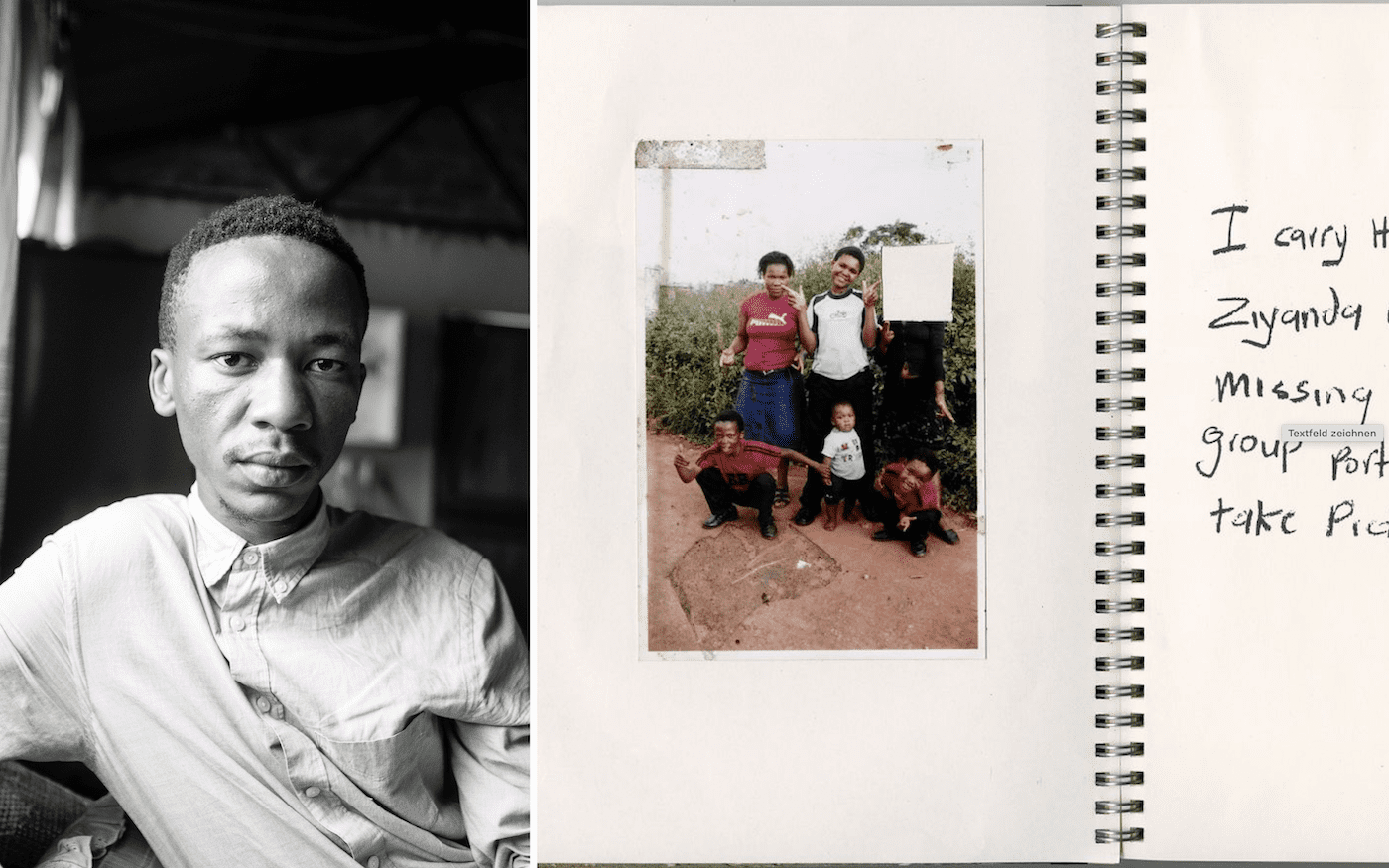
Lindokuhle Sobekwa remporte le prix Deutsche Börse Photography Foundation 2025
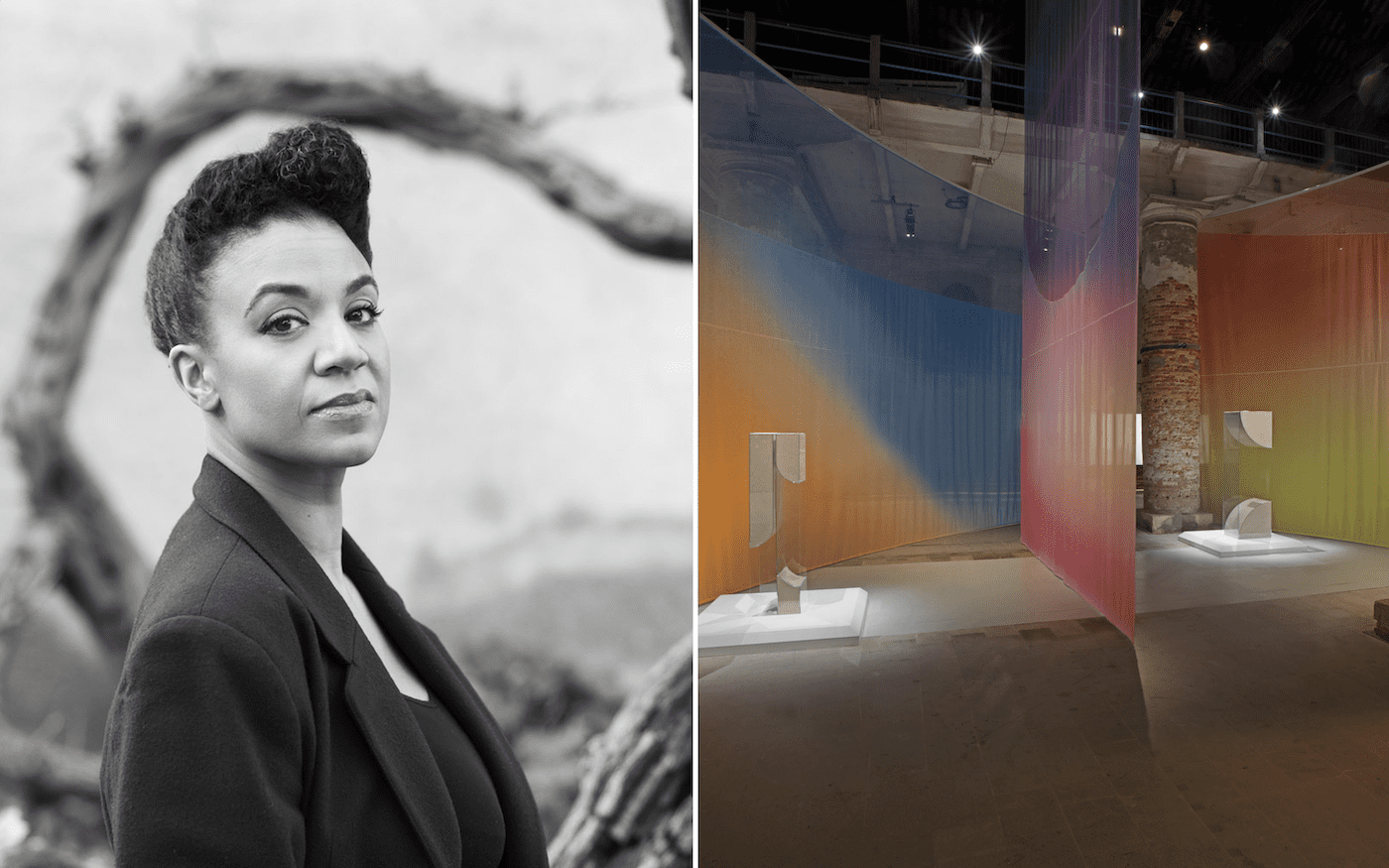
Kapwani Kiwanga remporte le Prix Joan Miró 2025
Plus d'articles de
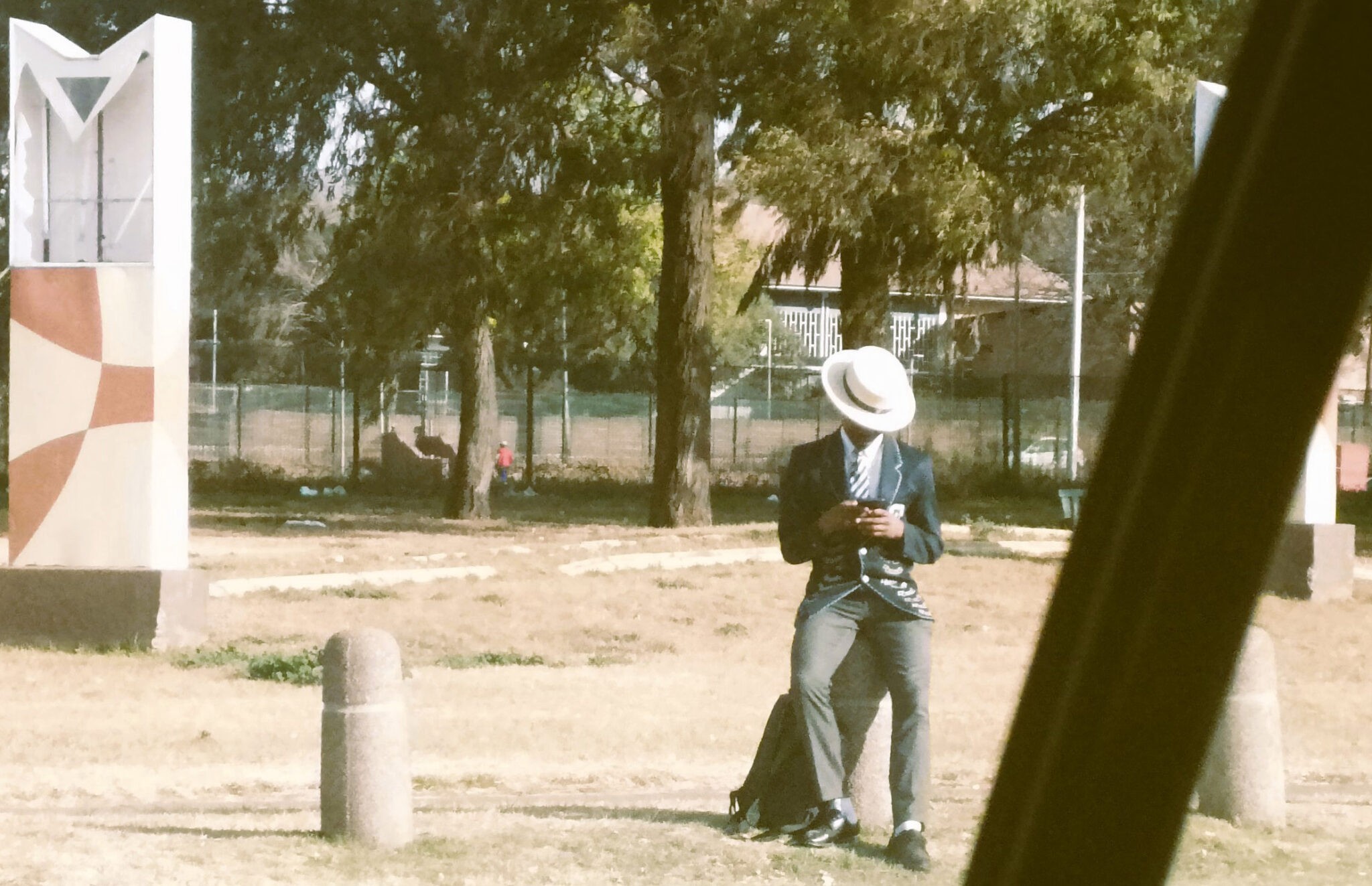
The Art of Translating and Vice Versa
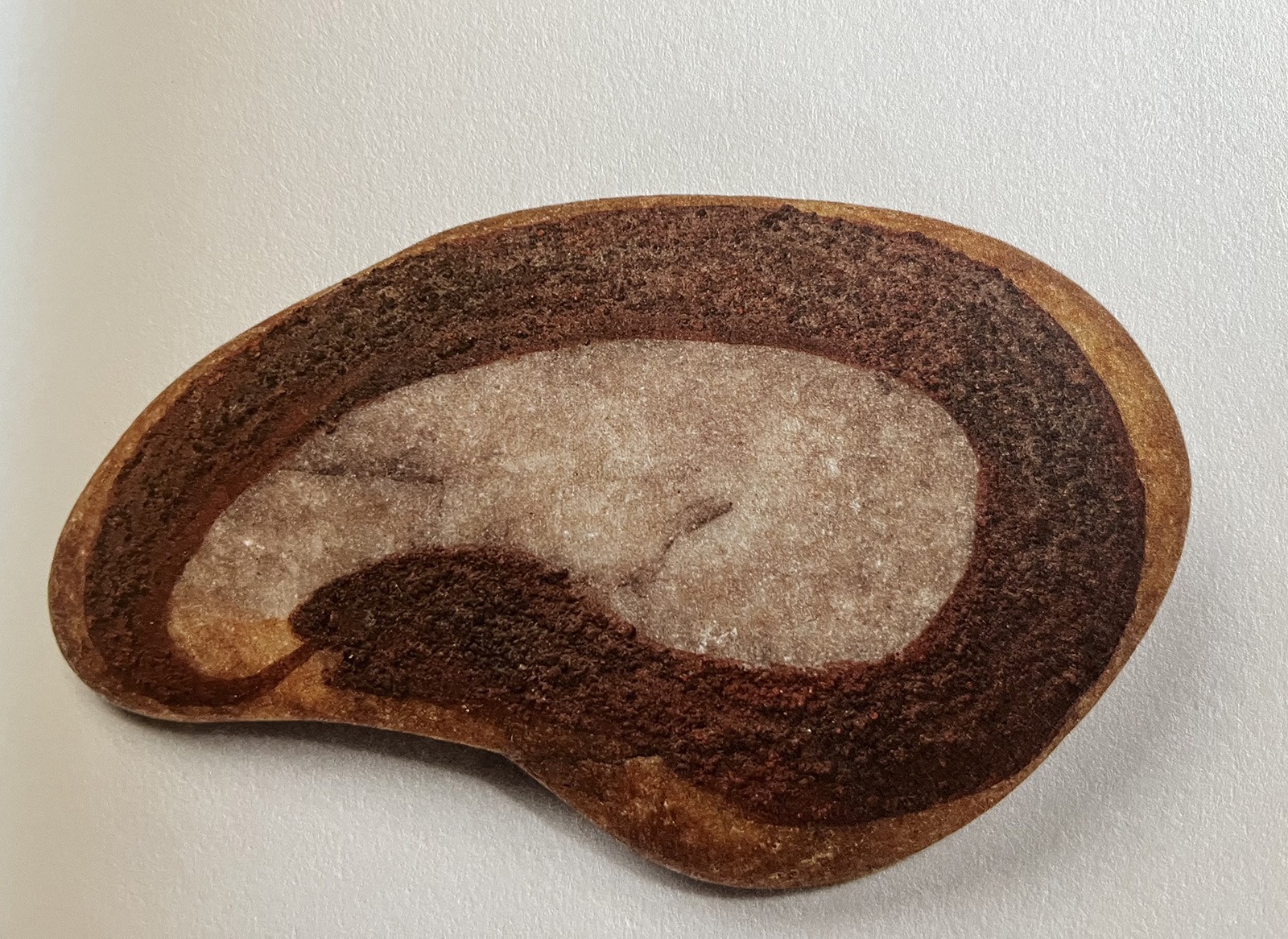
Afro-Indigenous Memory in the Work of Maria Lira Marques
